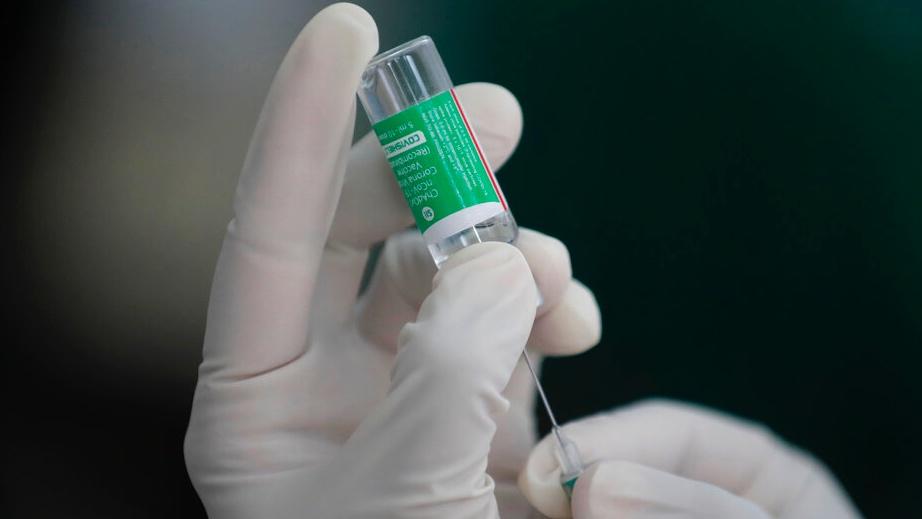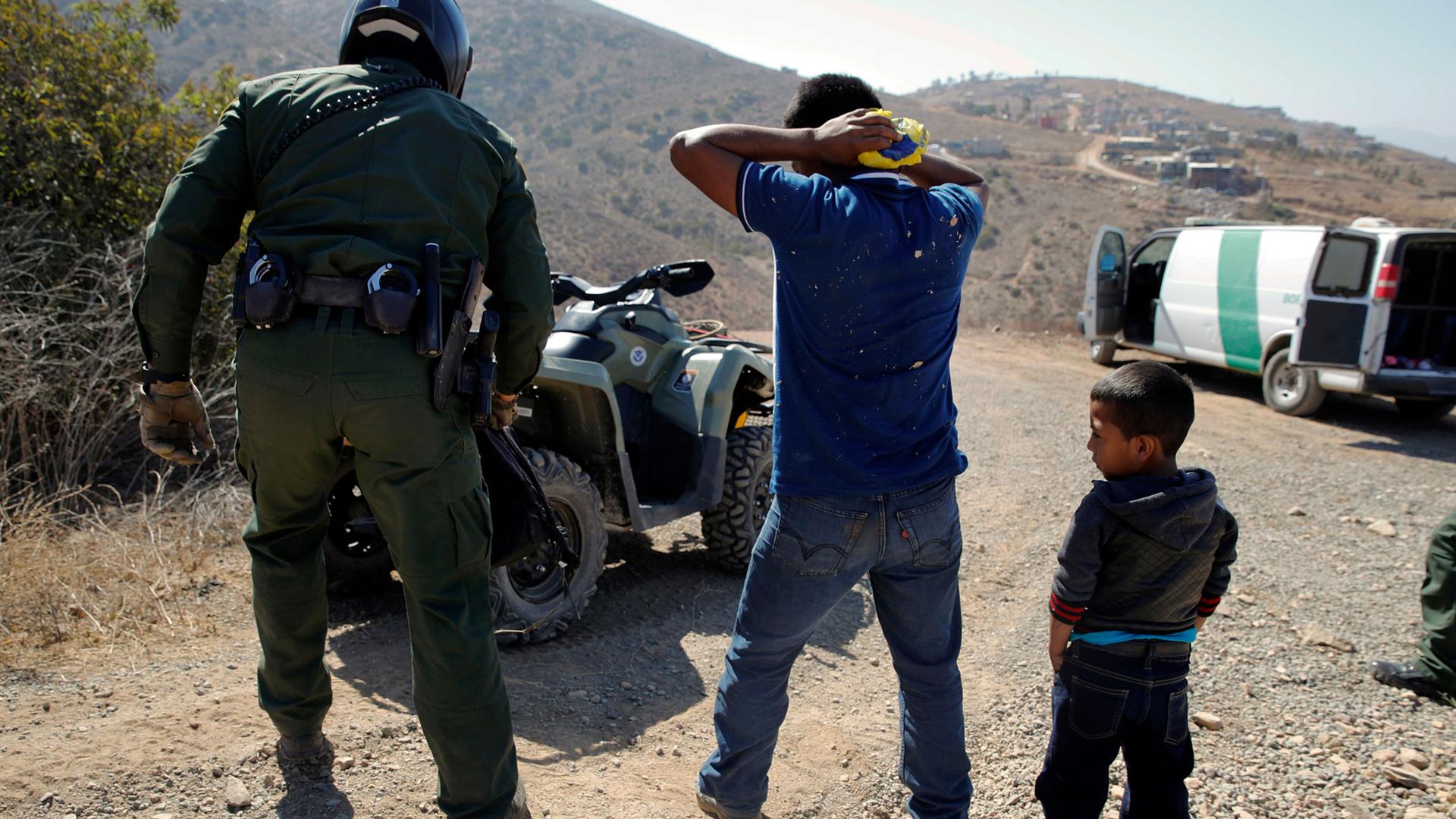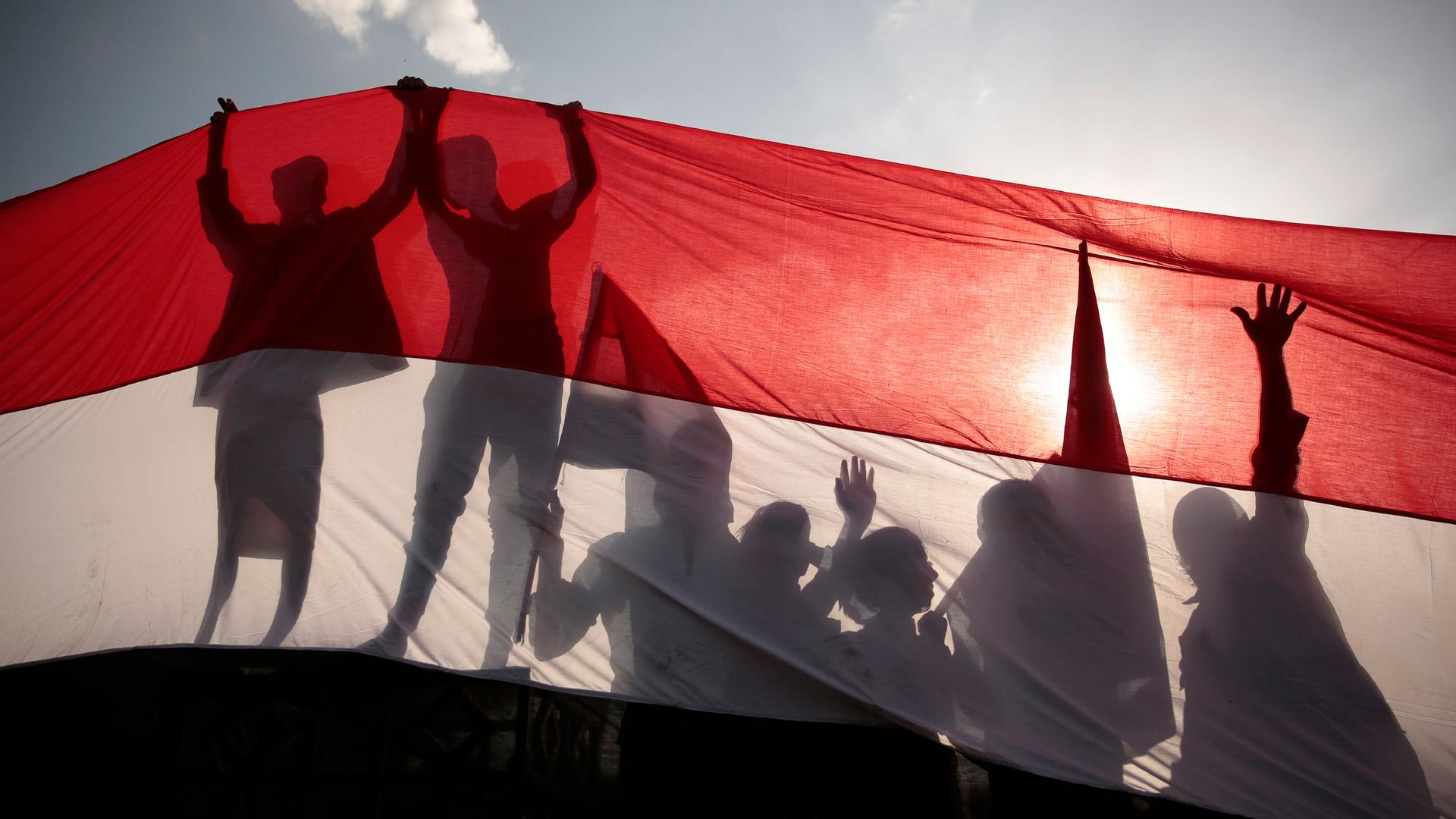In foreign policy reset, Biden ends US support for Saudi-led offensive in Yemen
People are silhouetted against a large Yemeni flag as they attend a ceremony to mark the anniversary of North Yemen’s 1962 revolution in Sanaa, Yemen, Sept. 26, 2016.
Top of The World — our morning news roundup written by editors at The World. Subscribe here.
In his first major foreign policy speech as US president, Joe Biden announced on Thursday plans to end US support for the Saudi-led military offensive in Yemen. The reshaping of US relations marked by the Yemen reversal is one of a series of steps Biden laid out. It also included a tougher posture on Russia, stating that the US would no longer be “rolling over in the face of Russia’s aggressive actions.”
US support for the war in Yemen dates back to the Obama administration, when Biden was then vice president, and was doubled down in the last four years by Donald Trump. The Saudi military offensive has led to suffering in the Arabian Peninsula’s poorest country and to widespread civilian deaths — resulting in the world’s greatest humanitarian crisis and a famine.
“This war has to end,” Biden told diplomats in his first visit to the State Department as president, saying the conflict had created a “humanitarian and strategic catastrophe.”
What The World is following
Students in Hong Kong will have a new curriculum imposed by Beijing that includes lessons on the controversial national security law. A playful animated video was released introducing kids as young as 6 to the new law as part of a broader effort to prevent students and teachers from participating in political activities. Books and other materials deemed to endanger national security have also been removed from schools. Hong Kong’s Professional Teachers’ Union criticized the government announcement, which was done without consulting teachers and parents.
And the government in Indonesia announced a ban on mandatory religious attire in public schools. The new order was praised by rights groups and follows outrage over non-Muslim students being forced to wear a hijab in class. The government has given schools 30 days to comply or face sanctions.
From The World
How India’s Serum Institute became a COVID-19 vaccine powerhouse

With the world’s attention on COVID-19 vaccines and treatments, you’ve probably heard about big pharmaceutical companies like Pfizer and Johnson & Johnson. But the Serum Institute of India is playing an outsized role in the pandemic, co-developing vaccines for the coronavirus, running clinical trials and manufacturing vaccines developed by other companies. And, the institute is producing this vaccine specifically for low- and middle-income countries while it also tries to develop its own vaccine.
In today’s Germany, a new book makes fun of anti-Semitism through cartoons

Anti-Semitism is still a big problem in Germany. A new book called “#Antisemitismus für Anfänger” or “#Anti-Semitism for Beginners” uses humor to explore the topic.
Bright spot
Meet Brookesia nana — aka nano-chameleon — found in the mountains of northern Madagascar. The creature could be the tiniest reptile in the world, according to researchers who published a recent study.
The miniscule reptile is less than an inch long and has unusually large genitals for his size — almost 20% of his body length.
In case you missed it
Listen: Reuniting families after Trump’s zero-tolerance immigration policy

It’s been over three years since the Trump administration began separating families at the US-Mexico border as part of a zero-tolerance policy. This week, President Joe Biden announced a task force to reunite families, but some people have already been doing the arduous work searching for parents. And, almost a year into the pandemic, societies around the world are faced with immense contradictions. Also, carbon offsets have been gaining popularity — one project in the Maritimes provinces of Canada holds promise.
Don’t forget to subscribe to The World’s Latest Edition podcast using your favorite podcast player: RadioPublic, Apple Podcasts, Stitcher, Soundcloud, RSS.
Our coverage reaches millions each week, but only a small fraction of listeners contribute to sustain our program. We still need 224 more people to donate $100 or $10/monthly to unlock our $67,000 match. Will you help us get there today?
